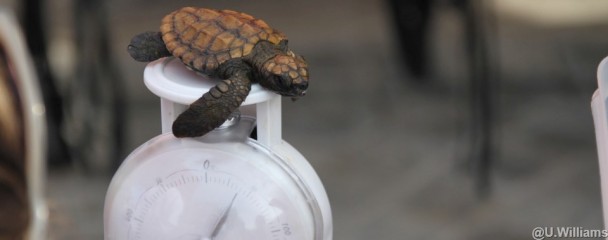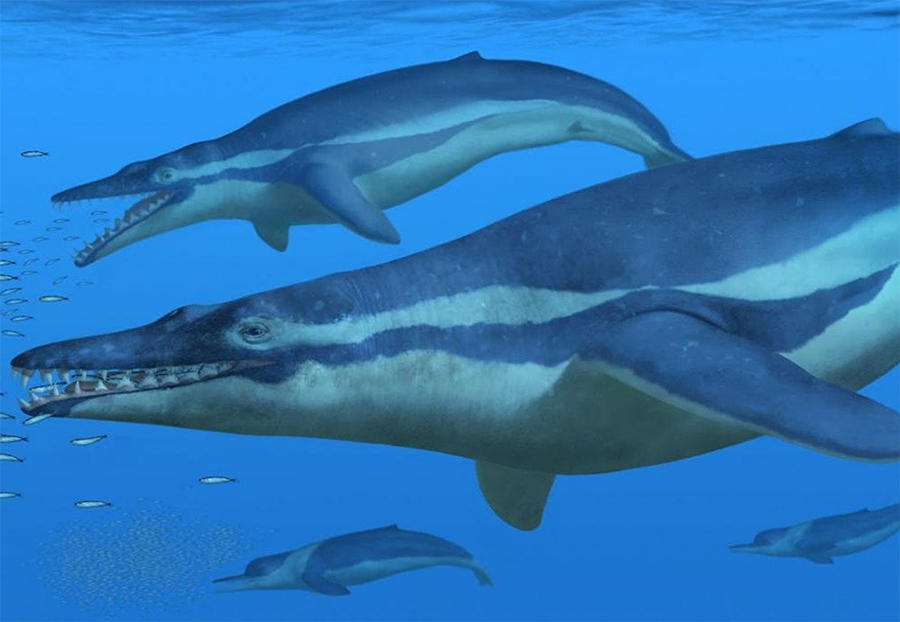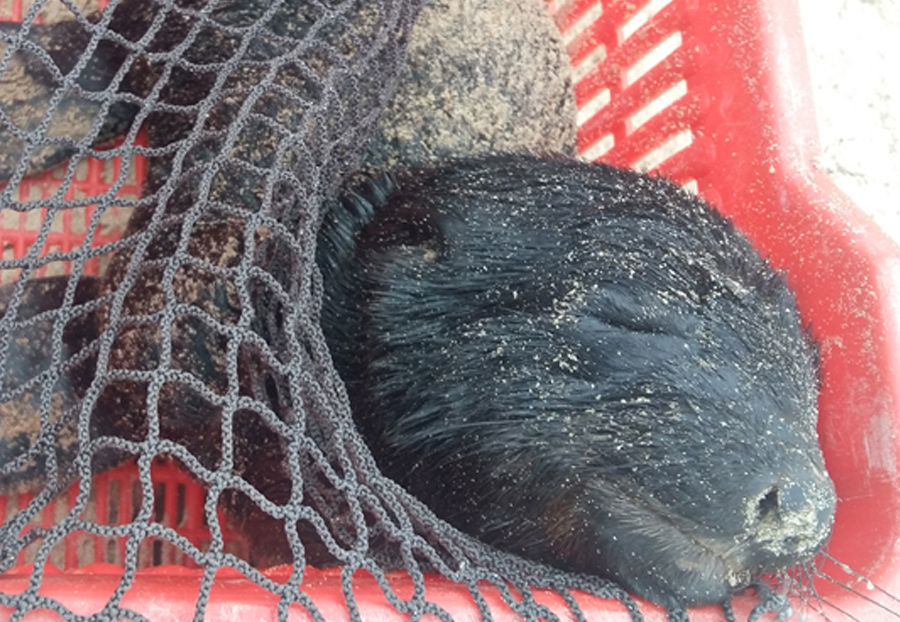Endangered Loggerhead Turtles
A Turtle on the beach. Last week a baby Loggerhead turtle (Caretta caretta) was found washed up on Robberg beach and brought to the ORCA Foundation, a volunteer program working with Ocean Blue Adventures. The loggerhead turtles have since 1986 been on the endangered list as vulnerable (http:www.iucnredlist.org), and are now seen as endangered and decreasing every year.
The main threats for any marine turtle is humans, both in the ocean and on land. They become bycatch by getting in drift nets, fish line and trawling nets. The fisheries are working to decrease this by installing turtle excluding devices, but some still get caught every year. The biggest problem they have in the ocean is plastic. A turtle can’t see the difference between a plastic bag and a jellyfish so a lot of them die from starvation because they ingest plastic bags that can never leave the body. So their stomach is full but their body don’t get the energy. On land the main problems are that humans affect their nesting sites by letting dogs run free and dig up the eggs, or collect them to eat. Of every 1000 turtles hatched only 1 survive the first year, this is due to predators like birds eating them on the way to sea, and the larger predatory fish eating them in the open ocean. The females only starts reproducing at the age of 17 so the effect we might have caused years ago is showing now in the dropping numbers of turtles coming back to lay eggs every year. The last threat for turtles is change in climate. During development in the eggs the gender of the turtle will be determined due to temperature. And if one or the other is greater it will affect the coming generation, especially if there are more males then females since the females are the ones increasing the amount of eggs for the next generation.
There is only a few nesting beaches on the record in Africa, one in Mozambique, one in Madagascar and one in South Africa. Since there is no nesting beach in Plettenberg Bay area, a turtle on our beach is a stranded turtle. They normally strand after bad storms when the baby turtle gets exhausted and wash out. When Ocean Blue and ORCA Foundation get a baby turtle, it will be rehabilitated by getting up in weight and released back into the ocean by the end of the year. Since the survivol rate of the first year is low hope that this might help the population to recover. This turtle only weighed 40grams on arrival and the goal is to get him up to over 500 grams before release at the end of November.
By MSc. Ulrica Williams ORCA Foundation – Marine Biologist




